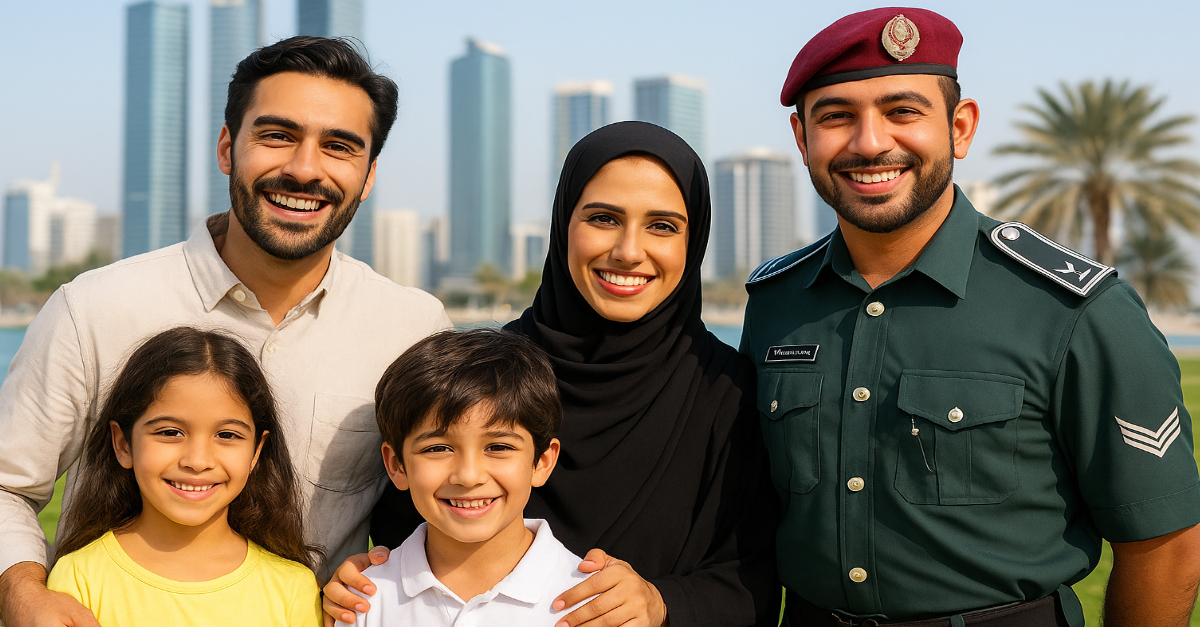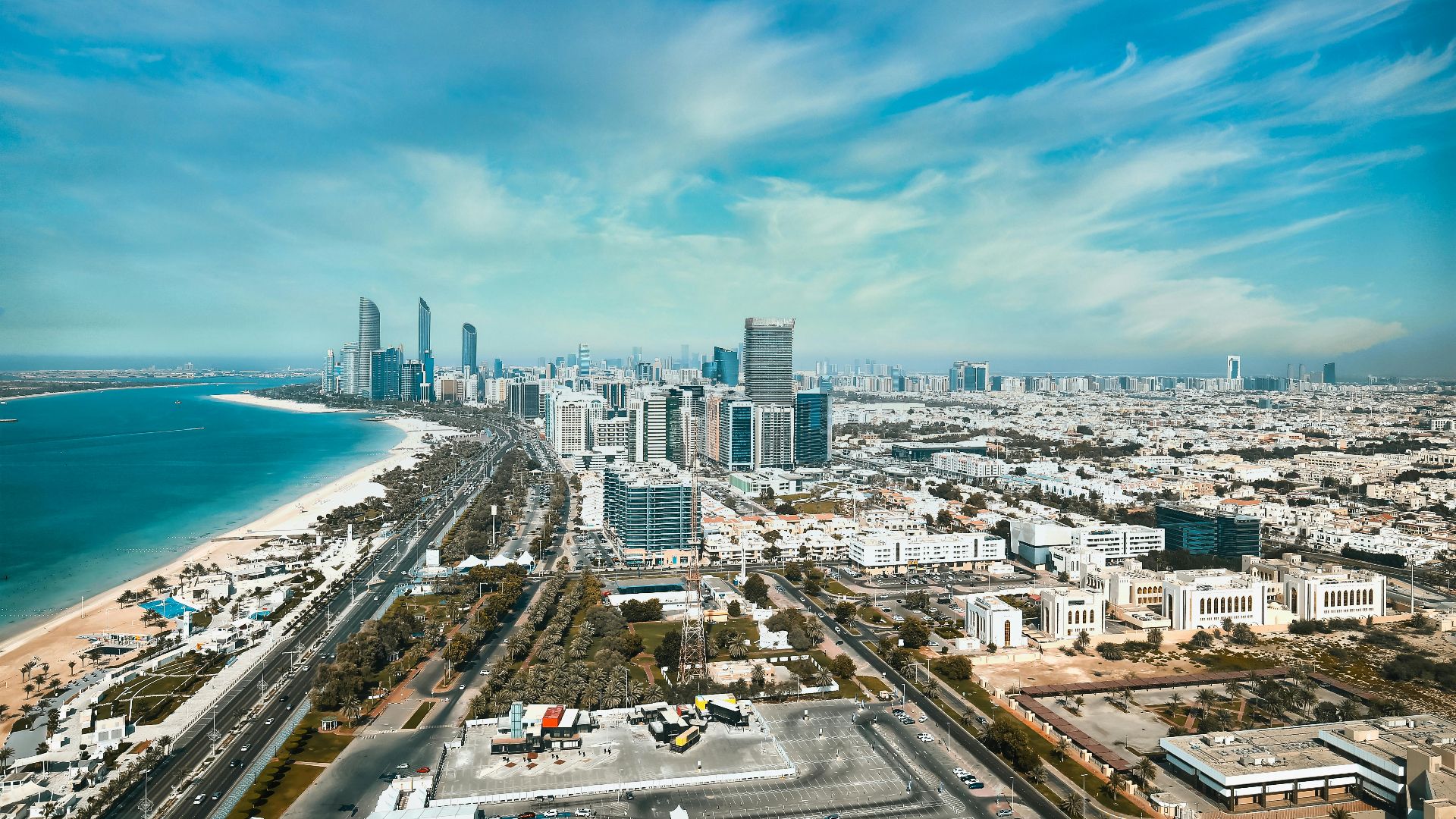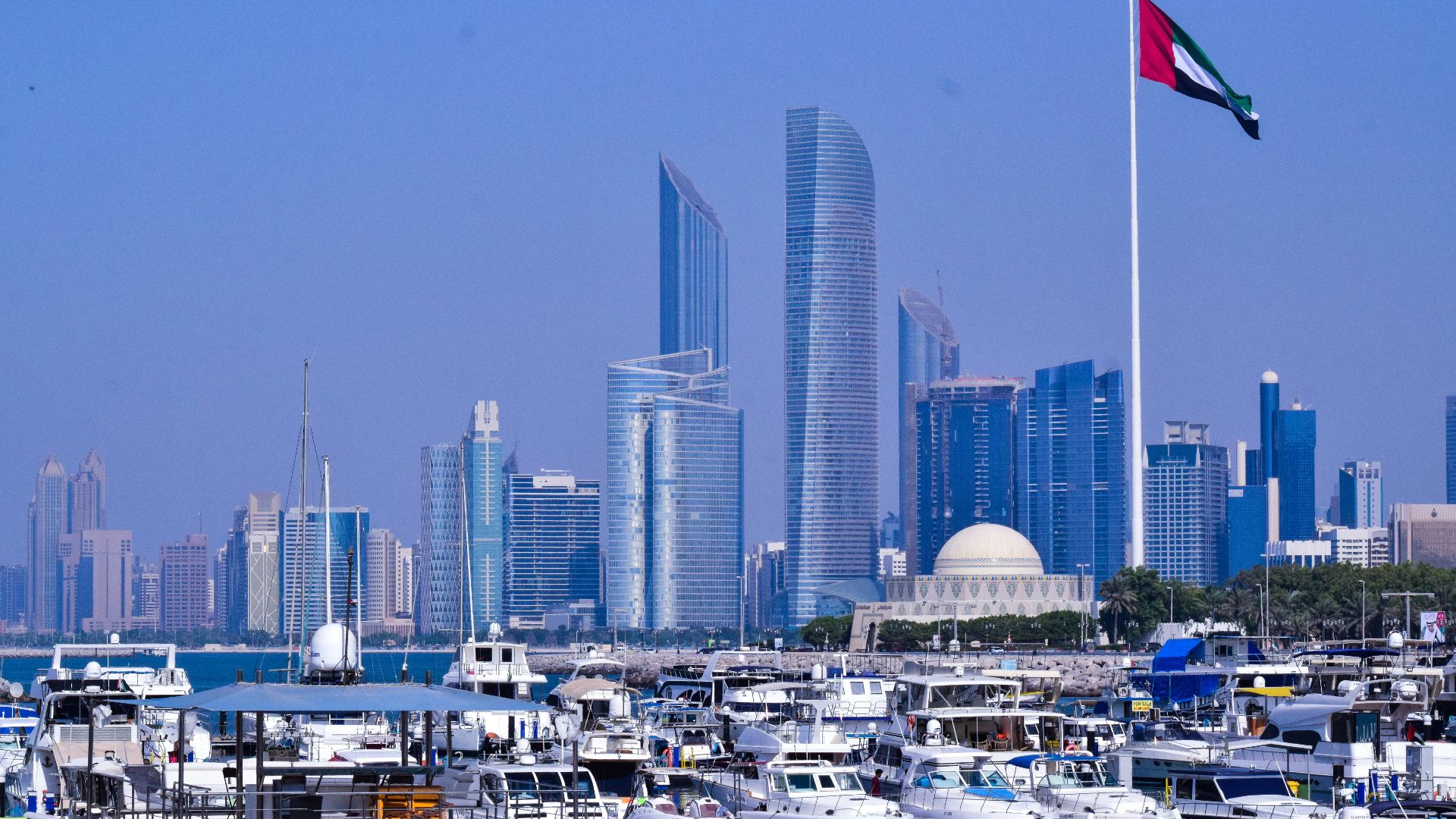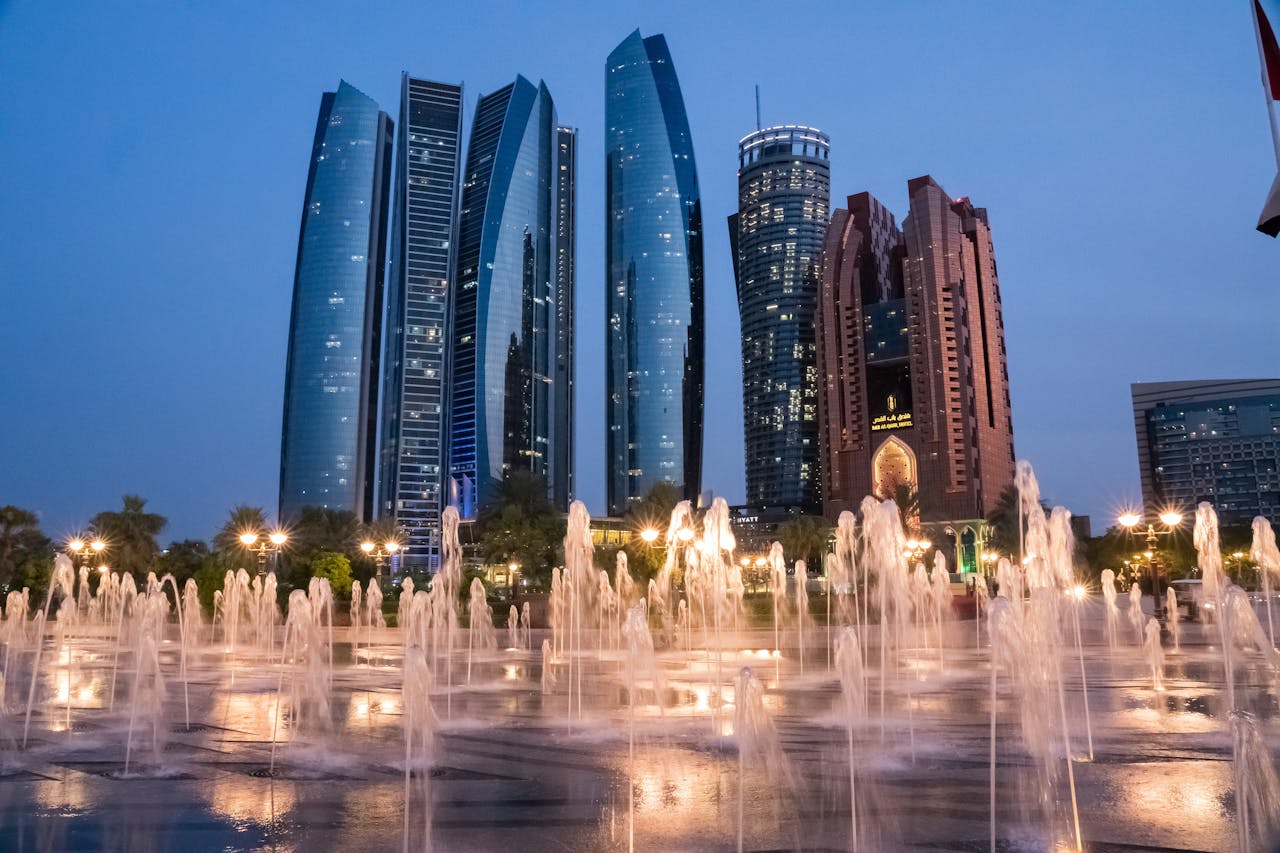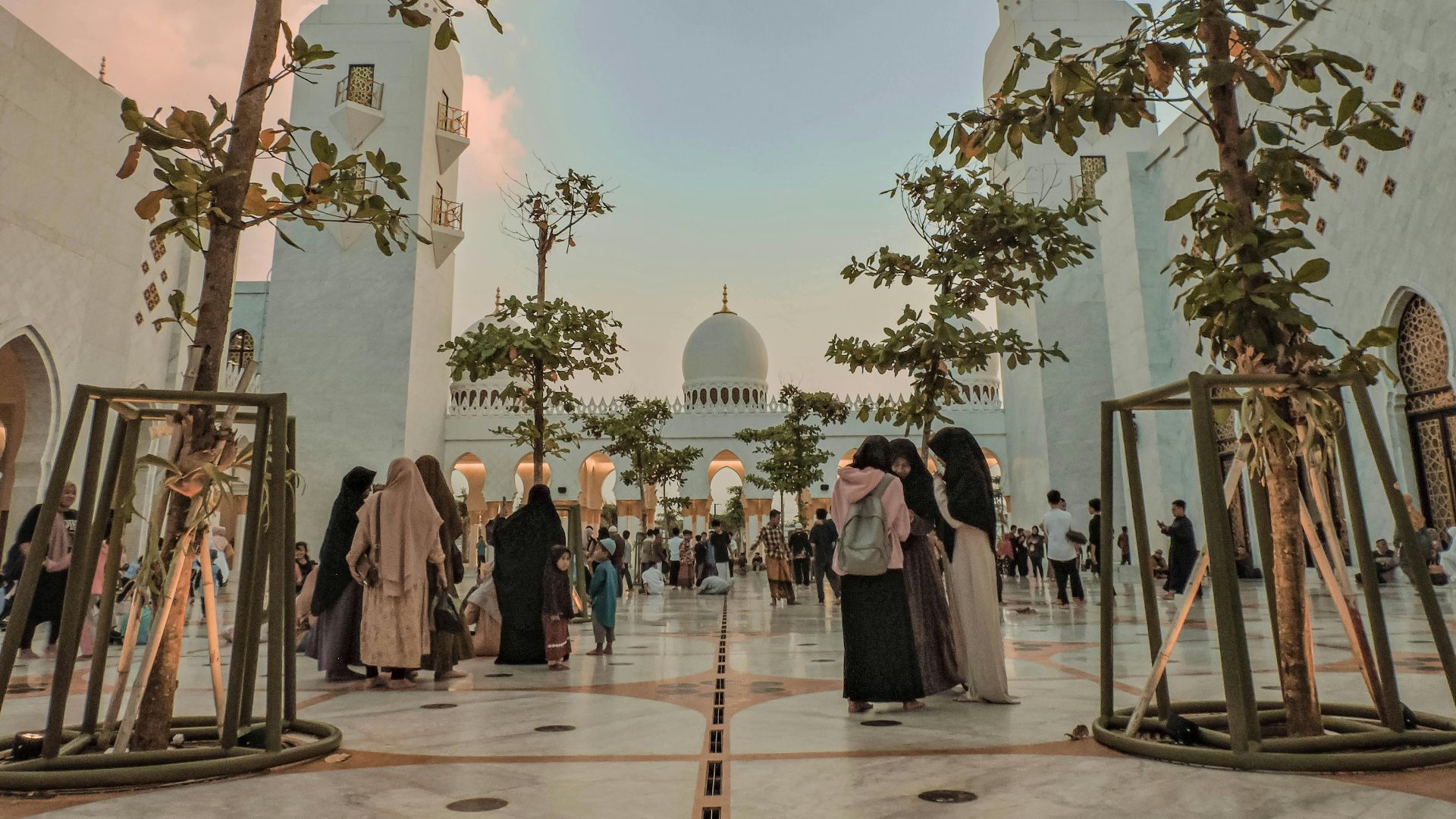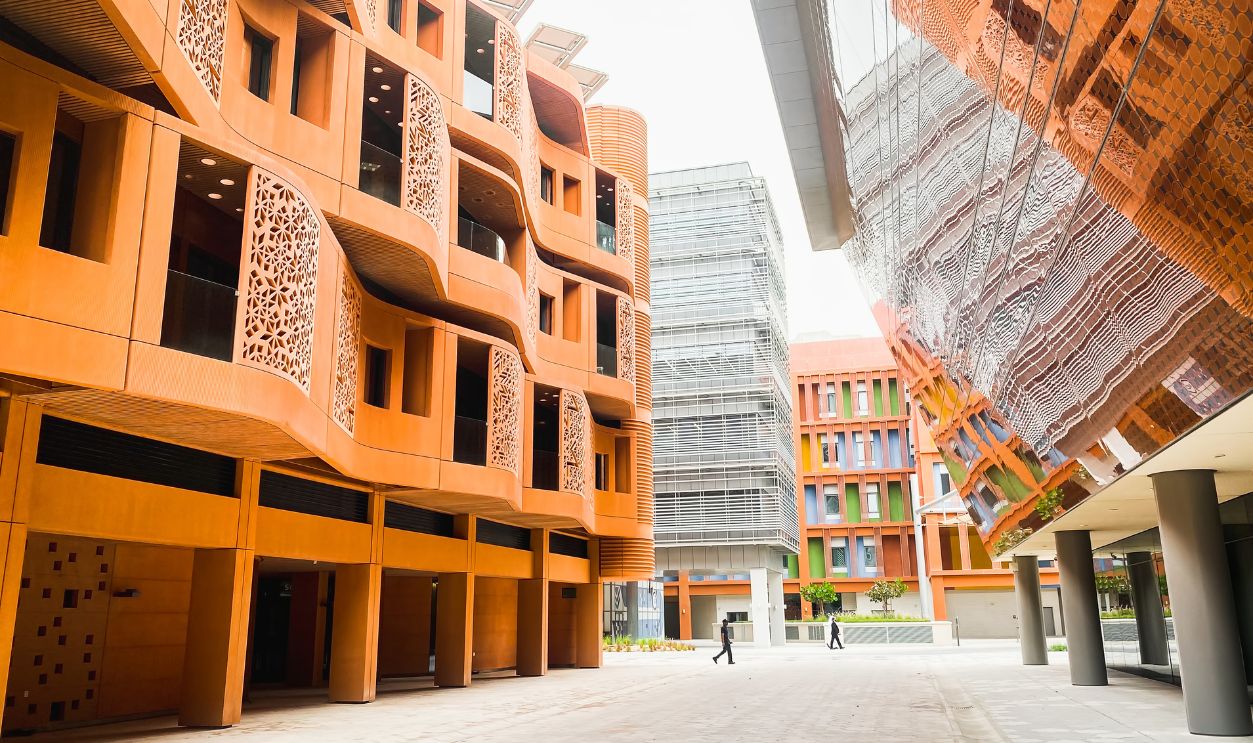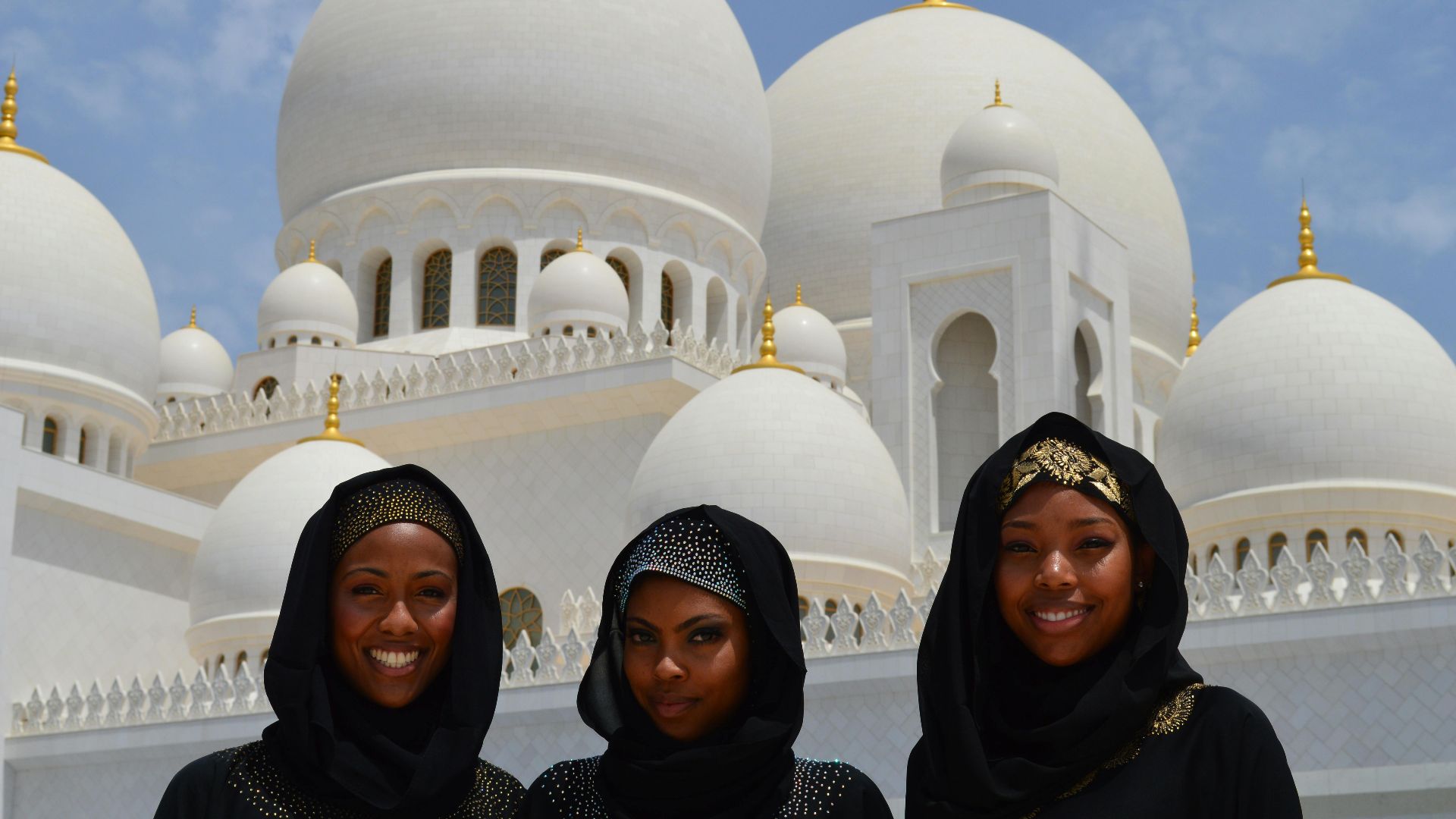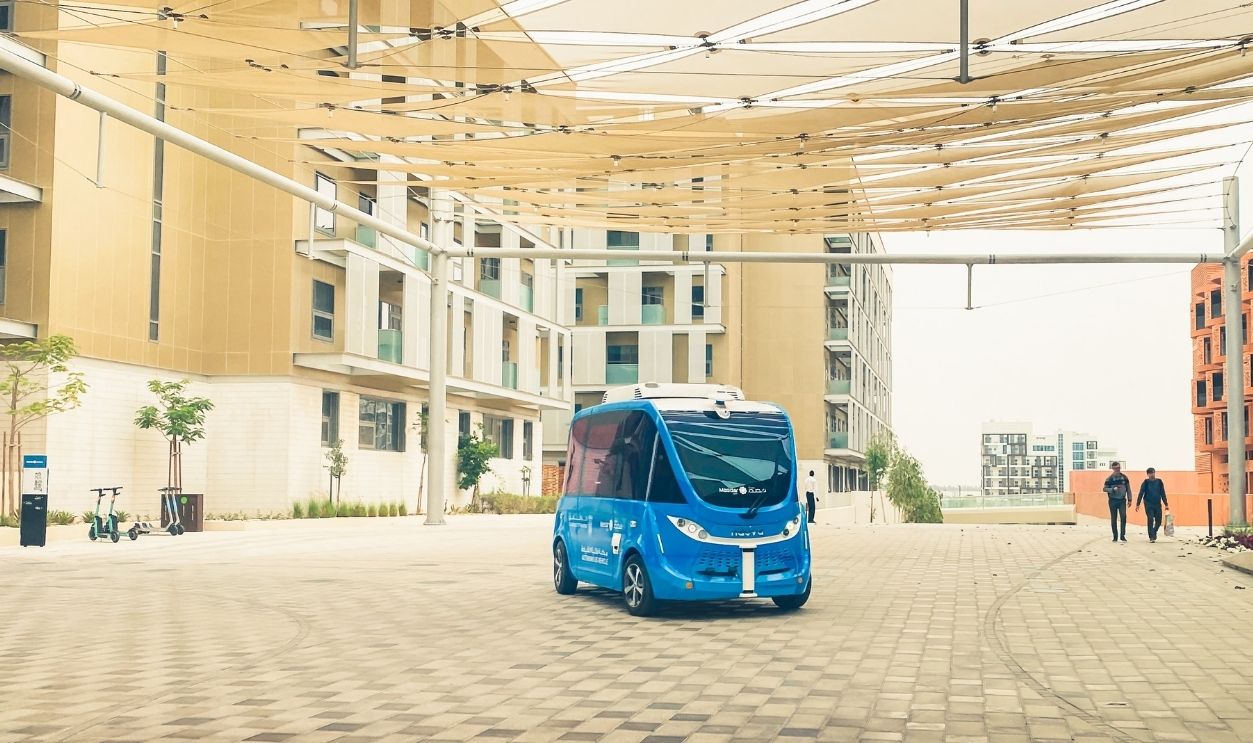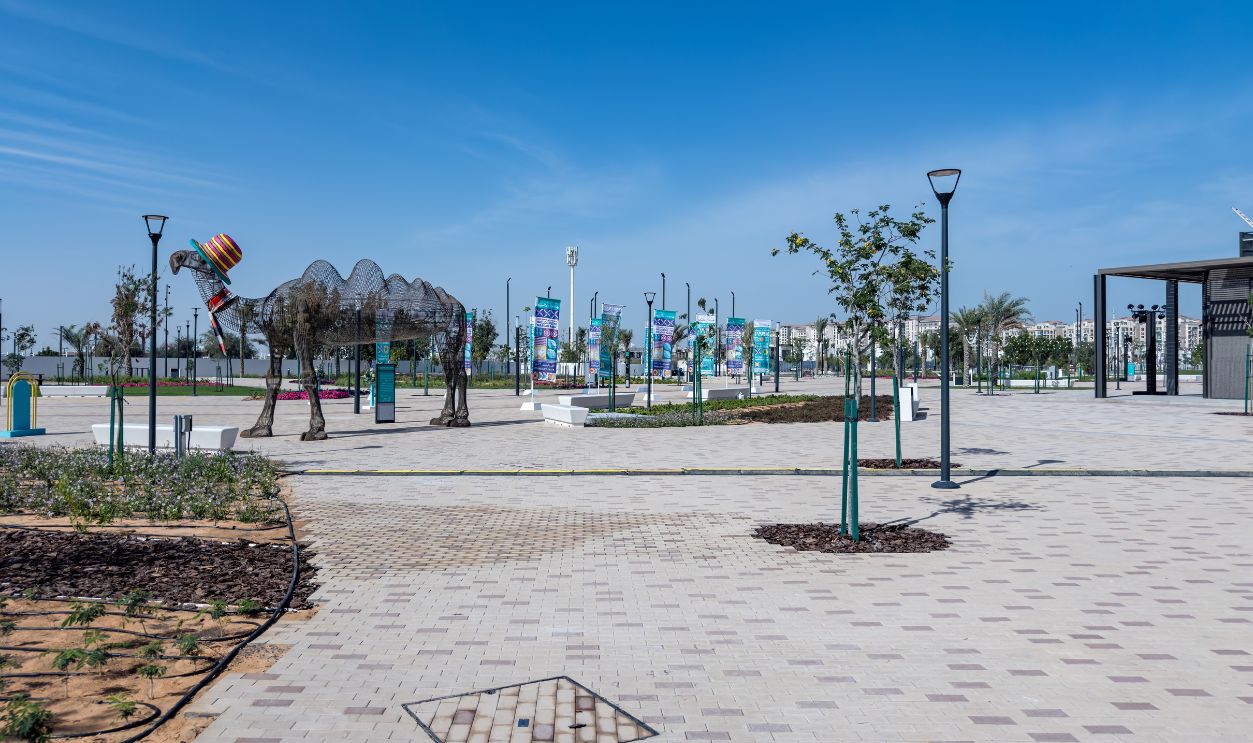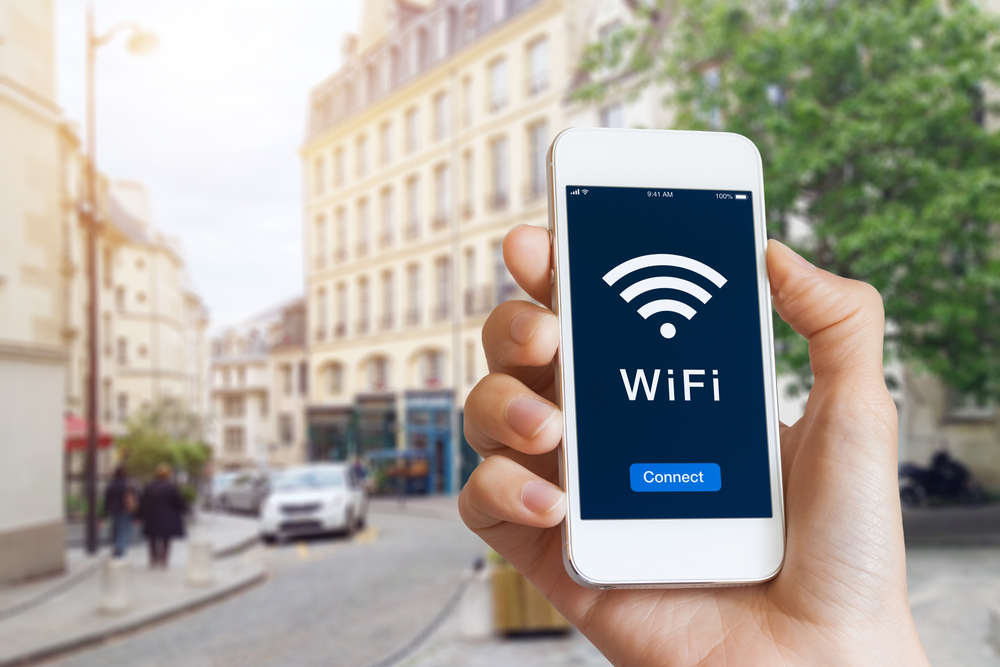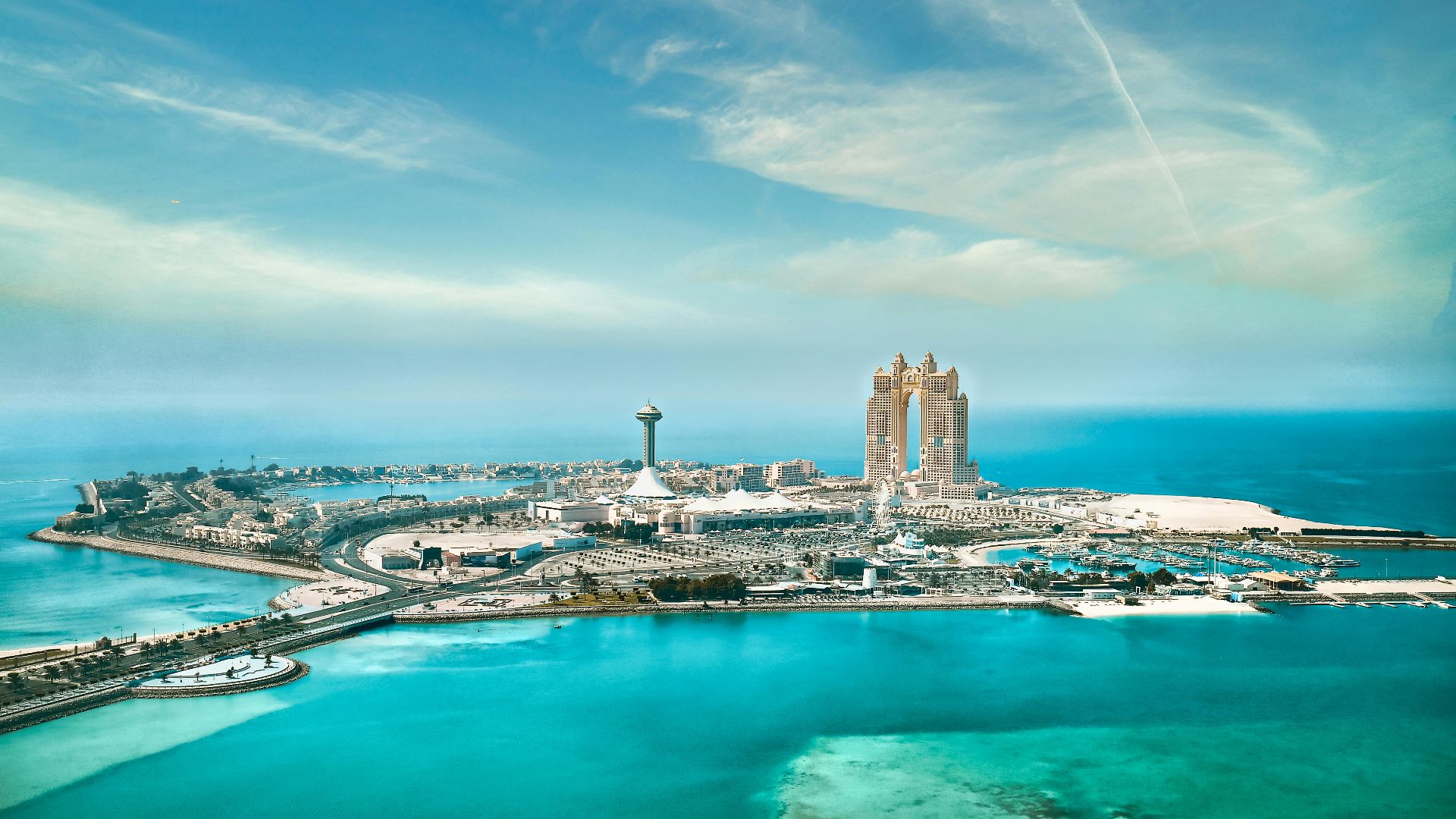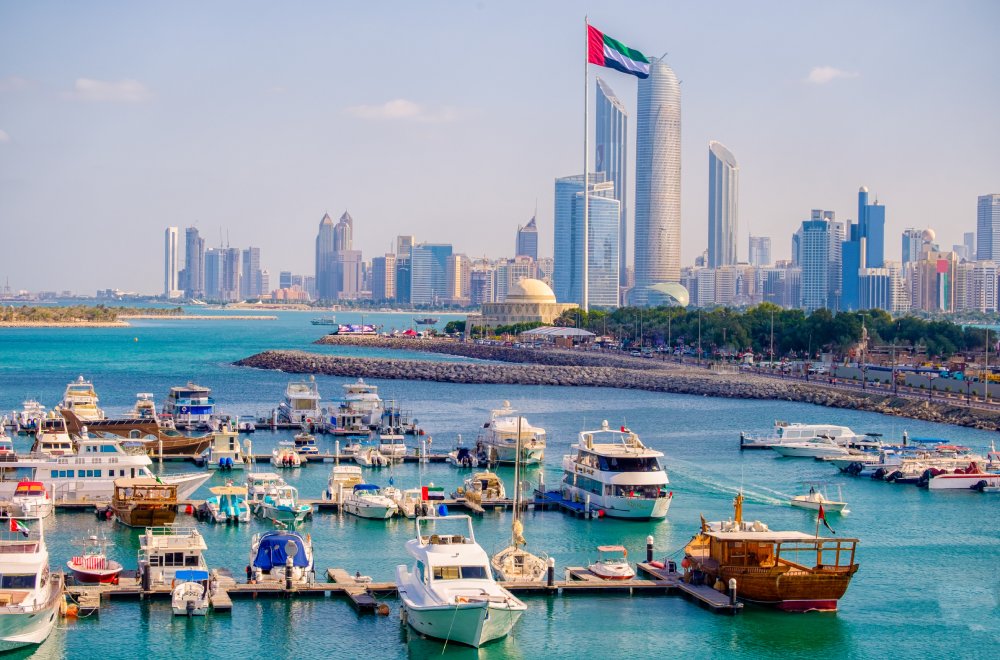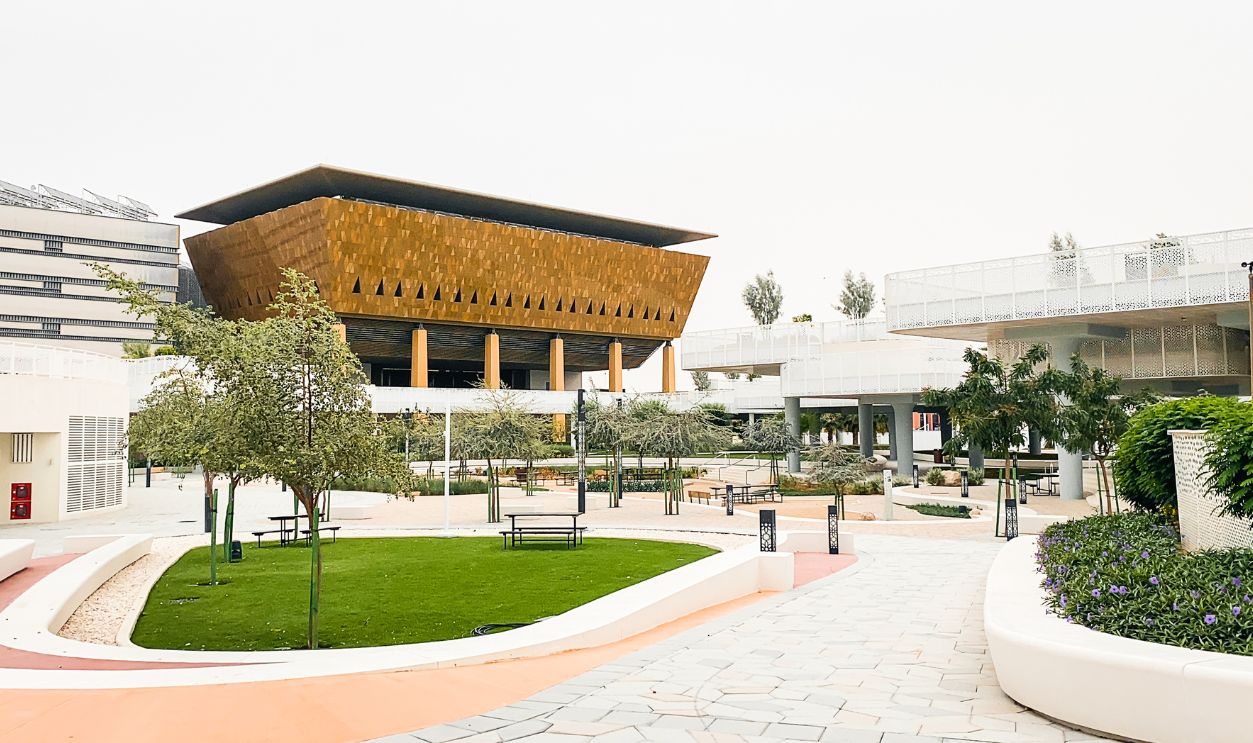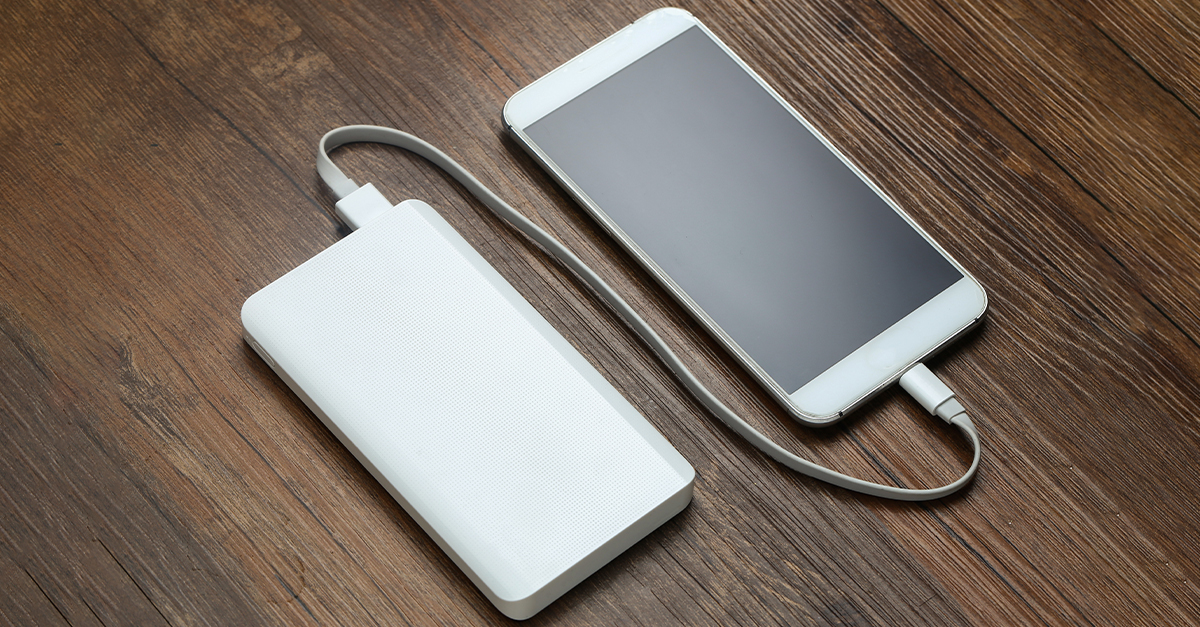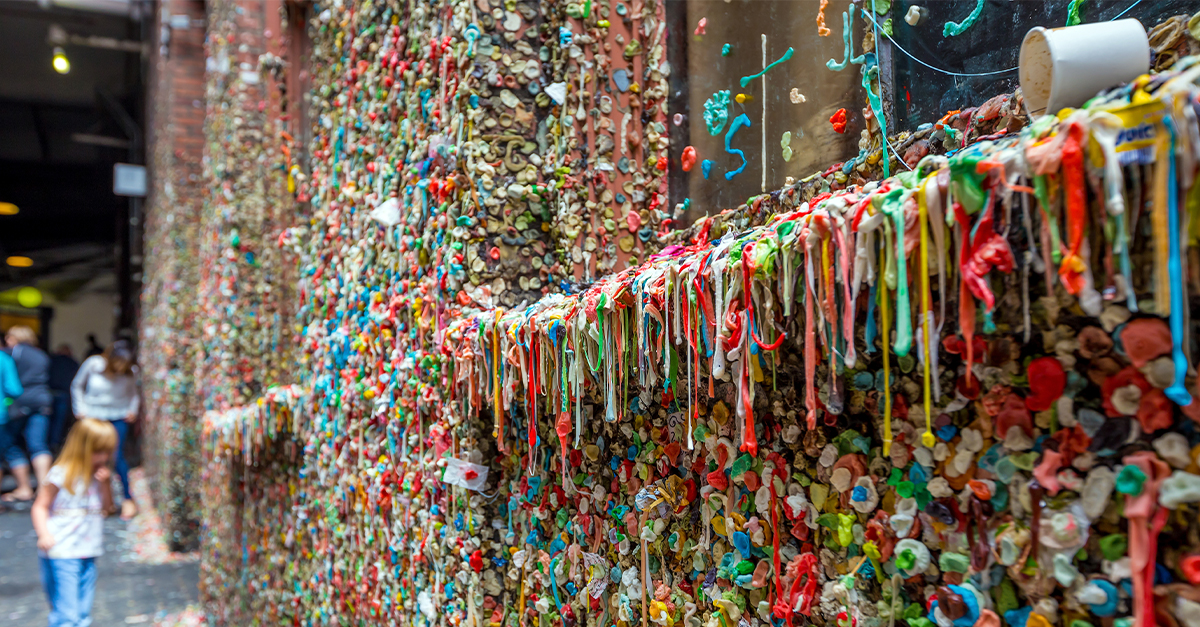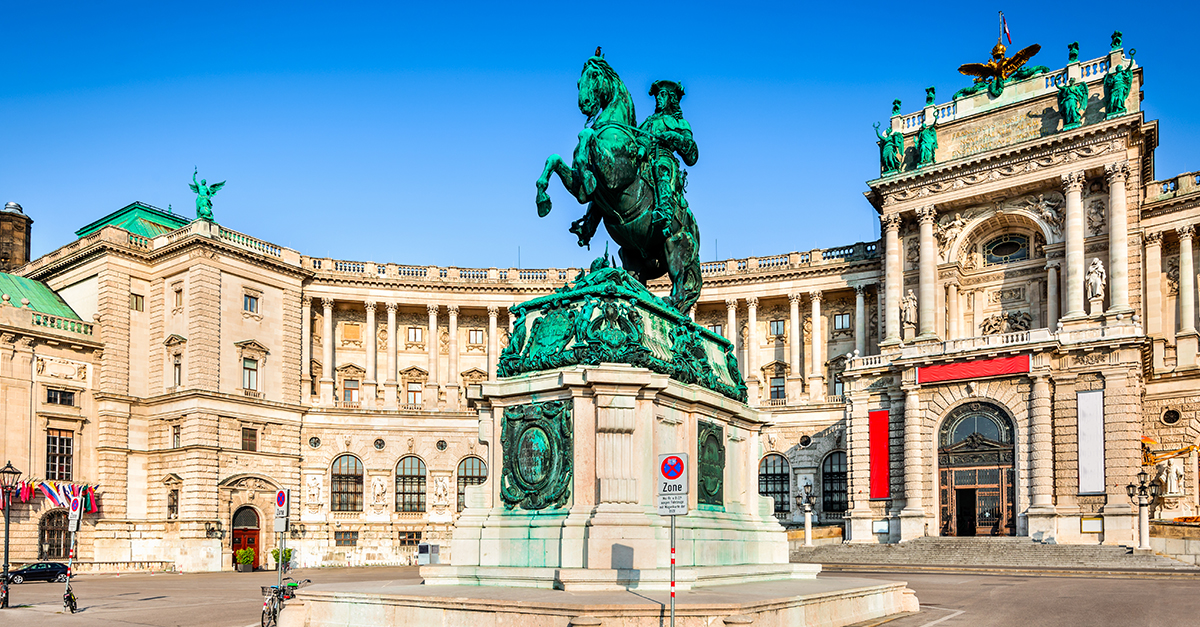Safety First
Nine years in a row, Abu Dhabi has topped global safety rankings. Tourists stroll at midnight without worry, locals leave belongings unattended, and crime stats are almost nonexistent.
But safety here isn’t an accident—it’s a carefully engineered way of life.
From Pearls to Petroleum
Before the skyscrapers, Abu Dhabi was a pearl-diving and fishing village. Then oil transformed it into a wealthy capital. Unlike other boomtowns, the city used its fortune to build order and stability, making safety part of its foundation from the very beginning.
A Boom Without the Bust
Rapid urban growth often breeds crime, so how did Abu Dhabi avoided that fate? By planning ahead. Leaders poured oil money into infrastructure, housing, and community design. Instead of chaos, the city’s expansion reinforced stability and created a sense of safety for residents.
The Capital Sets the Bar
As the UAE’s capital, Abu Dhabi had to take the lead. This meant becoming a model of order and security. From the start, the city positioned itself as not only prosperous but also trustworthy and safe.
Safety as a Selling Point
How much does Abu Dhabi enjoy being safe? Well, they don't just enjoy it, they market it. The city’s reputation as “the world’s safest” attracts investors, families, and travelers. Safety has become part of its global brand.
By the Numbers
In 2025, Abu Dhabi scored near 88 on the Numbeo Safety Index and posted a record-low Crime Index of 11.25. And if you don't know what those numbers mean...let's just say that they are very impressive.
Friendly Faces in Uniform
Police are everywhere, but they’re also very approachable and community-focused. Officers patrol malls and neighborhoods as part of everyday life. Public campaigns encourage cooperation, creating a sense of partnership rather than fear. This trust between residents and law enforcement just reinforces the safety.
The All-Seeing Falcon Eye
Thousands of cameras feed into Abu Dhabi’s Falcon Eye system, monitoring traffic, emergencies, and suspicious activity in real time. It’s advanced surveillance that quietly protects daily life. Think Batman’s high-tech wall of screens—only this one belongs to the city itself instead of a rich guy in a bat suit.
Minority Report, but Real
AI analyzes Falcon Eye data to predict where issues might occur. Police can respond faster—or stop incidents before they start. Think Minority Report—but instead of psychic “precogs,” Abu Dhabi uses algorithms to keep trouble from getting far.
IRIS: Blink and You’re Scanned
At airports and borders, Abu Dhabi uses iris recognition technology. The IRIS system instantly confirms identities and is able to quickly and quietly stops people on watchlists. For most travelers, it’s seamless. For authorities, it’s another invisible layer keeping the city remarkably secure.
Laws That Actually Stick
Abu Dhabi’s legal system is strict but clear. Crimes like theft, harassment, and assault carry real consequences, and cases move quickly. Residents say this predictability discourages crime. People know the boundaries, respect them, and the result is an unusually peaceful city.
Smart Traffic, Safer Roads
Reckless driving once plagued the UAE. Now, AI systems monitor highways, radars catch speeders, and a smart truck control center tracks heavy vehicles. Instant penalties reduce accidents dramatically. Safer roads mean safer daily life, and that contributes to the city’s reputation.
Women Feel Especially Safe
Abu Dhabi is one of the few major capitals where women often feel safe walking alone at night. Strict harassment laws, well-lit areas, and women-only taxis add reassurance. That sense of security makes Abu Dhabi stand out globally.
Driverless Taxis on the Streets
The future of transport has already arrived. On two Abu Dhabi islands, driverless taxis are operating (yes, you read that right). They move passengers smoothly and safely, proving autonomous vehicles aren’t just an experiment—they’re part of daily life in one of the world’s safest cities.
 Maximillian cabinet, Shutterstock
Maximillian cabinet, Shutterstock
Masdar City’s Robo-Ride
In eco-friendly Masdar City, they are testing fully autonomous “Level 4” cars. These vehicles drive themselves in controlled areas with no human input. It’s both a futuristic transport solution and another example of Abu Dhabi using innovation to keep people safe.
Built for Families (and Order)
The city’s design makes safety feel natural. Parks, promenades, and family zones fill neighborhoods, and parents bring kids out late without fear. Clean streets and strict codes reinforce a sense of order, discouraging petty crime before it even starts.
IoT in Everyday Life
Sensors monitor lighting, crowd flow, and public spaces across Abu Dhabi. Free Hala Wi-Fi supports connectivity while feeding data into systems that flag unusual activity. It’s the “Internet of Things” quietly working in the background to keep life safe.
AI-Policing 2.0
Abu Dhabi Police now use AI tools from Presight for predictive analytics, digital forensics, and even generative AI. It’s proactive law enforcement, blending human expertise with machine intelligence, ensuring safety doesn’t just react to crime—it stays a step ahead.
Cybersecurity Matters Too
Safety isn’t just physical—it’s digital. Abu Dhabi enforces strict cybercrime laws and backs them with advanced monitoring systems. Residents are protected from fraud, scams, and identity theft, making cyberspace feel as secure as the city’s streets and neighborhoods.
Quantum Safety on the Horizon
The Technology Innovation Institute is developing breakthroughs in quantum computing, secure systems, and robotics. These cutting-edge projects are future-proofing Abu Dhabi’s safety strategy, ensuring the city remains prepared for tomorrow’s challenges long before they arrive.
Robots Race for R&D
The Abu Dhabi Autonomous Racing League looks like entertainment, but it’s also research. AI-driven cars and drones compete on Yas Marina Circuit, testing autonomous systems in high-pressure environments. The lessons feed back into safer roads and smarter vehicles.
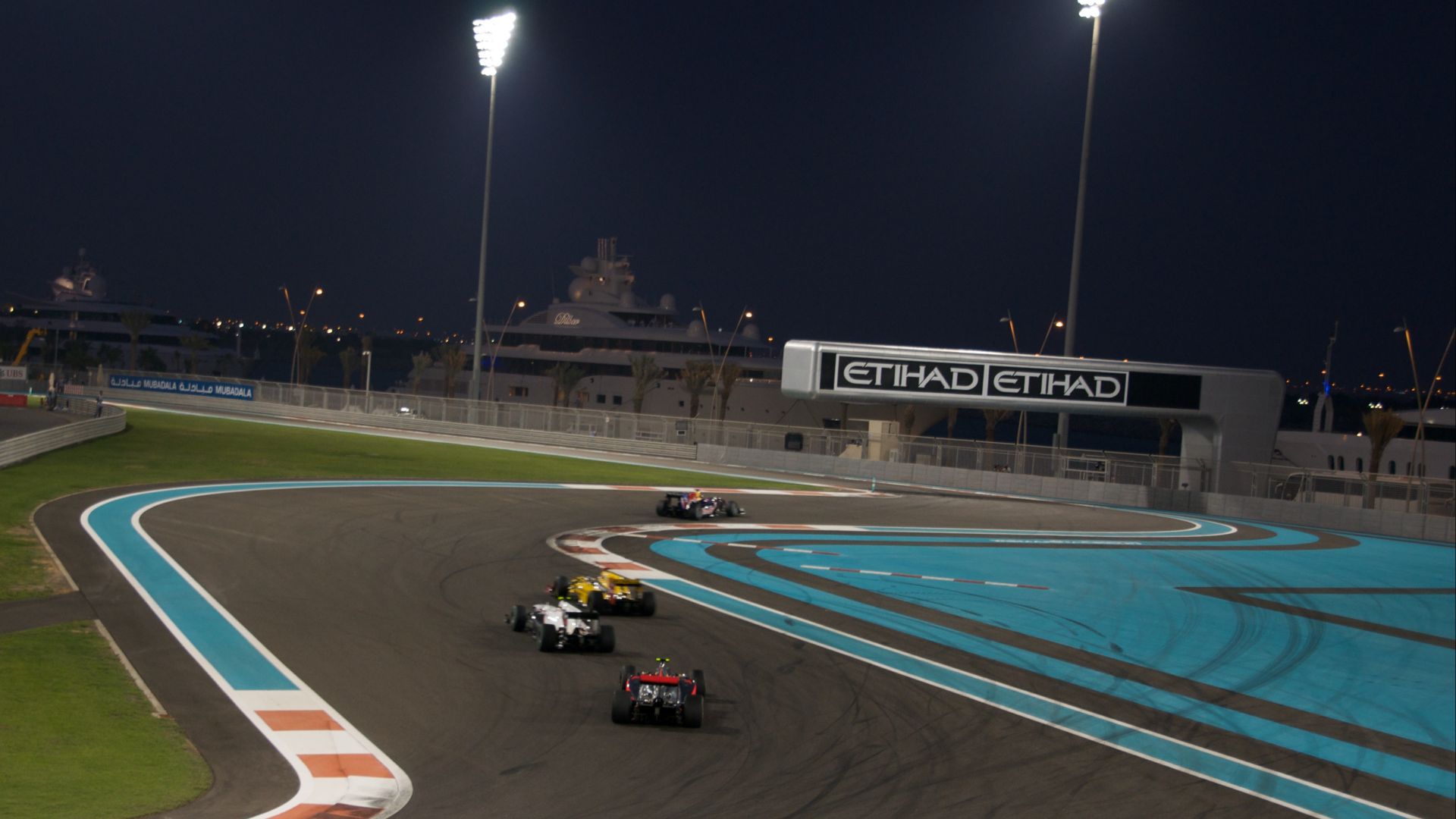 JiteshJagadish, Wikimedia Commons
JiteshJagadish, Wikimedia Commons
Ready for Emergencies
Beyond crime, Abu Dhabi excels in preparedness. Ambulances, fire crews, and hospitals are world-class, and the city runs frequent drills. Whether it’s a fire, flood, or sudden crisis, residents know help will be fast—reassuring them safety is everywhere.
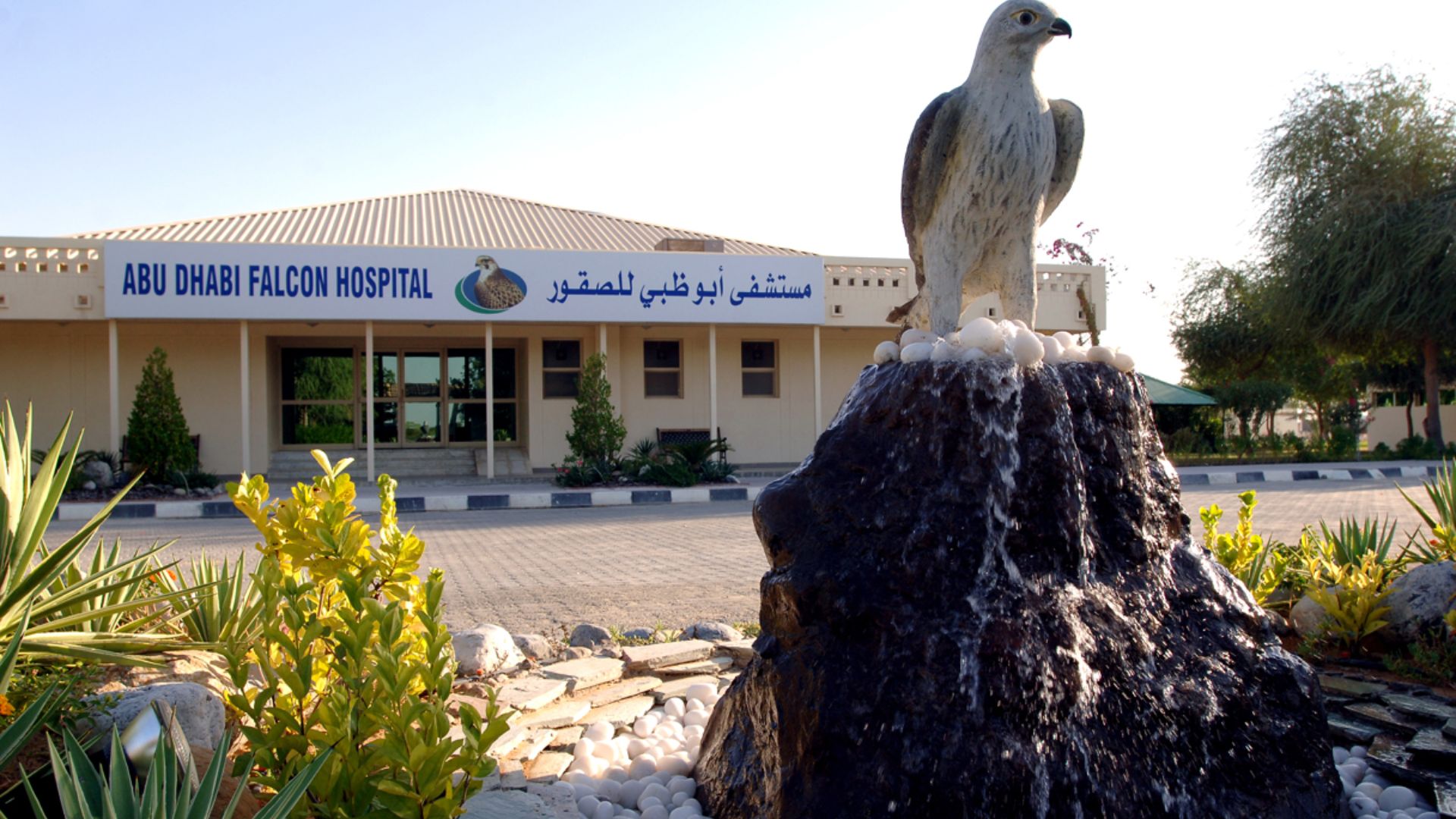 Kishore Kumar, Wikimedia Commons
Kishore Kumar, Wikimedia Commons
The UAE Safety Club
Abu Dhabi leads, but it isn’t alone. Dubai, Sharjah, and Ajman also rank highly in global safety indexes. Together, they make the UAE one of the world’s safest countries.
Nine Years, No Contest
Since 2017, Abu Dhabi has topped Numbeo’s Safety Index every year. Nine straight wins aren’t luck—they’re the product of leadership, investment, and consistency. Few cities can match this streak, and it cements Abu Dhabi’s reputation as the safest capital.
Lessons for the World
While other cities may lack Abu Dhabi’s oil wealth, that doesn't mean they can't learn from its formula: strict laws, community trust, innovative tech, and long-term planning. Safety isn’t built overnight—it’s layered into every system, policy, and space. That’s the real takeaway.
More Than Just Safe
Abu Dhabi isn’t just malls and skyscrapers. Safety has become its defining feature, drawing families, investors, and tourists. After nine years on top, the city’s biggest achievement isn’t oil or architecture—it’s the trust its people feel daily.
You Might Also Like:
The Most Expensive States To Live In—Ranked According To Data
The 10 Best Extreme Sports Destinations In The U.S.

